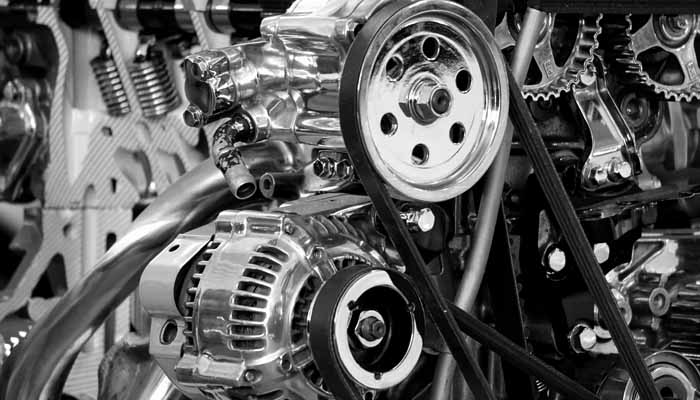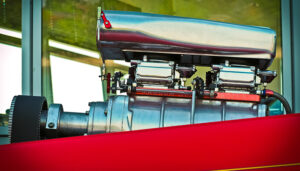As an internal combustion engine operates, it generates a lot of heat. Under normal circumstances, the engine cools down in two ways. For one, it is exposed to the coolant fluid or antifreeze. This fluid is responsible for regulating the engine’s temperature, preventing it from getting too hot. Aside from that, it also prevents the engine from corroding.
It is also worth noting that the oil that flows through the engine has a cooling effect. So, as long you have enough oil and coolant flowing in your vehicle, you should not worry about your engine overheating.
On the other hand, several issues can arise, prompting the engine to get too hot. If worse comes to worst, you might end up dealing with a costly car engine repair. So, in this post, we are going to share some of the common reasons why an engine overheats. This way, you can address any issue at its early stage.
Cooling System Leaks
One of the primary reasons why an engine overheats is a leak in the cooling system. The issue can come from any of the components of the system, including the heater core, radiator, hoses, water pump, thermostat, head gasket, and freeze plugs, among other things. If you think that there is a leak in the cooling system, add coolant to the reservoir and do not wait until you reach a car repair shop. Keep in mind that leak problems can quickly grow and cause a serious headache.
Faulty Thermostat
The thermostat is responsible for ensuring that the coolant will pass through the cooling system’s radiator. Sometimes, it gets stuck in the closed position, preventing the coolant from passing through. Consequently, the engine gets too hot. So, when you see the early signs of your engine overheating, have your car checked immediately.
Wrong Concentration of Coolant
It is important to use the right type of coolant in your vehicle. Keep in mind that using the wrong product or an incorrect mixture of distilled water and coolant can cause your engine to overheat. One of the best ways to address the wrong concentration of coolant is to perform a cooling system flush. Keep in mind that over time, the coolant becomes corrosive, which speed up the wear on the cooling system.
Faulty Radiator
Your radiator will start to fail due to leaks and clogs. When this happens, the component will not be able to draw away the heat from the rest of the cooling system, causing your engine overheat.
Damaged Hoses
When there are holes or cracks on the hoses, you will end up with a leaky engine. This problem can also disrupt the flow of the coolant because the water pump cannot properly circulate it.
Malfunctioning Radiator Fan
The temperature of your coolant drops as your radiator fan pulls air across the radiator. On the other hand, when the fan motor or clutch gets broken, it will not be able to reduce the temperature, causing the engine to overheat.
Broken or Loose Belts
If the water pump belts get loose or broken, it will not be able to maintain the right volume of coolant flow. Consequently, the engine will start to overheat.
Malfunctioning Water Pump
It is worth noting that the heart of your cooling system is its water pump. If it is not functioning properly, your vehicle will not have the right pressure to propel the engine coolant throughout the cooling system. Any problem that the pump might have—erosion, leaks, or anything else—can cause the engine to overheat.
When your engine starts to overheat, you need to address the issue immediately. In most cases, the root cause of the problem requires a low-cost car repair. So, pay attention to the early signs of an engine overheating to avoid extensive damages.



